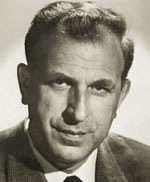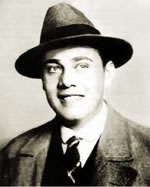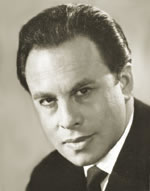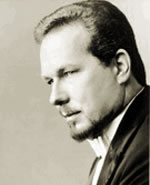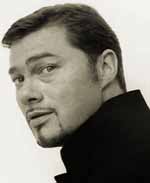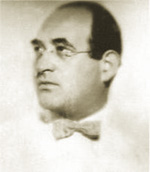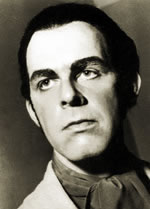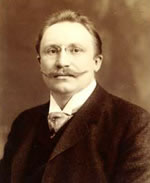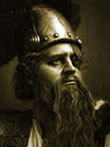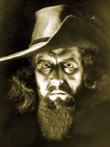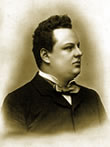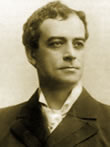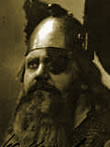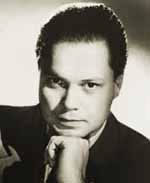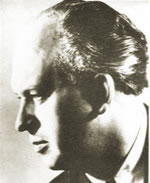 |
| Ferdinand Frantz (1906-1959) |
| Ferdinand Frantz was among the last of that extraordinary class of singers able to realize with vocal authority the heroic roles written by Richard Wagner for bass-baritone. Frantz's sizeable instrument offered a weighty lower register to anchor a firm and javelin-like top, precisely the qualities demanded by Wagner for what amounted to an entirely new vocal category. Frantz was able to traverse these exhausting roles with vocal strength and without tiring. Several of his most important roles were captured on both live and studio recordings during the years of his prime.
he sang with the Vienna Staatsoper, Dresden's Semper Oper, Salzburg, La
Scala, and, later, at Covent Garden. His Metropolitan Opera debut came
on December 12, 1949, as Wotan in Die Walküre. While he entered the company's roster as a relatively unknown artist, he made an instantaneous impression for his noble bearing, comprehension of Wagner style, and a voluminous voice well able to stay the course in the tiring stretches of the role's final act. |
|


